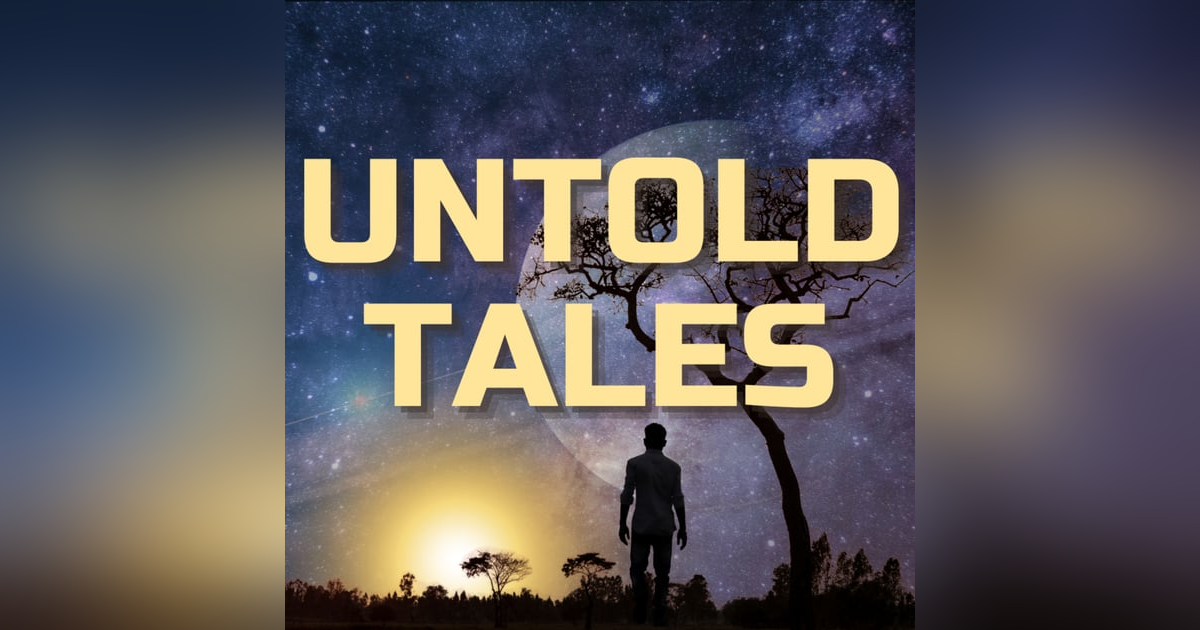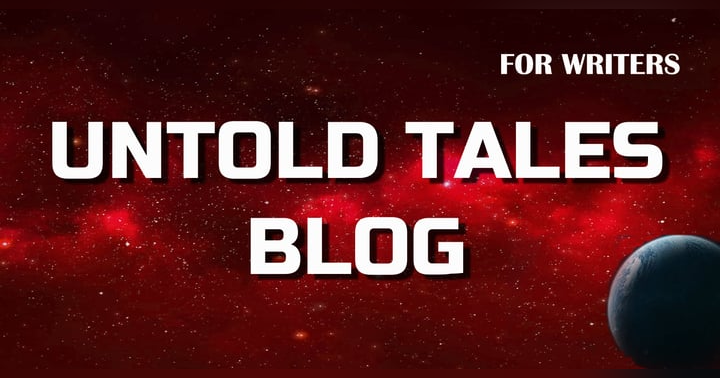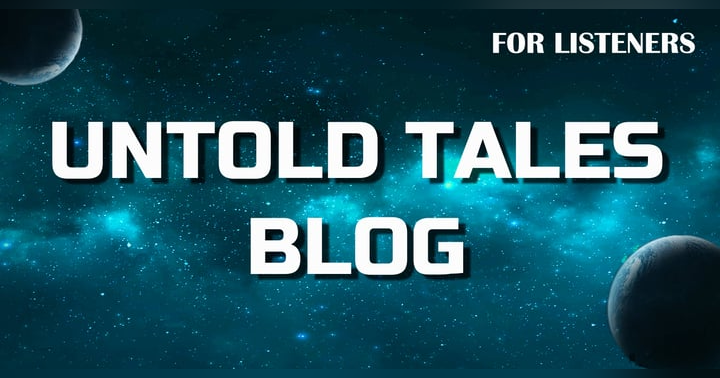As the writer of a story, you have all the details in your head. You have this intricate picture in your mind and your primary task is to figure out which words to use to paint that picture in the imagination of your readers. But there’s the problem. There are sometimes TOO many details.
And the interesting thing is that, as the writer, you DON’T have to provide all those details to your readers.
For instance, I recently wrote a short story with a character named Paul. I described him as an engineer who was approaching retirement... but that was all.
I didn’t provide a detailed description of him. Instead, I let the readers imagine what Paul looked like from that short introduction. To my surprise, no one noticed and I was able to advance into the story faster than I would have been able to if I had stopped to describe his physical appearance.
Later, I asked some of my readers to describe Paul. Some people said he was short and dumpy; others said he was tall and thin. Some pictured him as bald; others with bushy hair; a few with glasses; one with a beard.
The point is that each reader pictured the character exactly as THEY thought he should be. If I had given them MY description of Paul it could ultimately have conflicted with theirs. More significantly, Paul’s physical appearance was not important to the plot or the story. Therefore, I deliberately omitted such a description.
Thus, being vague can be a very useful technique for the writer.
This can be essential if you have a lot of characters. Unfortunately, many writers feel obligated to provide physical details for all their characters and this can slow down or even delay the story. The story can digress into a litany of verbal portraitures of each new person that arrives in the story as you repeatedly specify each person’s gender, height, weight, age, complexion, dress, hairstyle, posture, physique and facial expression. The thing is that most of these details are rarely important to the story and do not advance the plot or action. It can also be awkward to describe a single character who is alone. I hate the trope of someone staring into a mirror to inspect or admire themselves so the reader can be told what they look like.
By not specifying such details for Paul, no reader disagreed or found fault with my character. Each reader filled in those details for themselves.
One of the things that I admired most about Frank Herbert, the author of Dune, was that he did not feel overly obligated to explain the details of his ‘backstory’. At the beginning of the story, we find that he had created a futuristic civilization with intricate details that were built on 14,000 years of mostly unexplained history. He had factions and races, political entities, and technologically oriented cultures and, in his own mind, he probably had all the explanations of how these things developed and appeared and interacted.
But he didn’t explain. He described the things as they existed at the beginning of the story and left almost all the historical details for the readers to figure out for themselves. (It took his son, Brian, to ruin the series by telling the backstory and filling in those details, but, in the process, he also created innumerable inconsistencies that readers argue about to this day. Some feel he ruined Frank’s story with those previously untold details.)
Frank Herbert avoided ‘explaining about the past’ unless it was specifically important to the story. His purpose was not to look BACKWARD and write a future history, but rather to tell a tale that started after all this history and moved FORWARD. Again, the readers could fill in those minutiae for themselves and imagine what must have happened. And in doing so, they would never find inconsistencies or holes in the story, because Herbert provided no such explanations.
That is part of the magic of Dune.
And that is a secret that many good writers learn.
By being deliberately vague and nonspecific, writers can invite readers to paint their own pictures and images in their minds and see worlds that they expect. The human mind is quite remarkable at filling in missing pieces of things (like not noticing the blind spots that each of us possess).
Avoiding unnecessary descriptions can also speed up the telling of a particular tale, which can be very important for short stories.
While each writer has a specific image of the places and people in their imaginary world, providing too many details can actually be a disservice to readers who carry worlds around in their own minds.
By being deliberately vague, you can invite readers to use their own imaginations and create a more immersive experience than if they were limited to the writer’s own vision.
As Roderick MacLeish said in his classic story, Prince Ombra... “Don’t tell what you know.”










